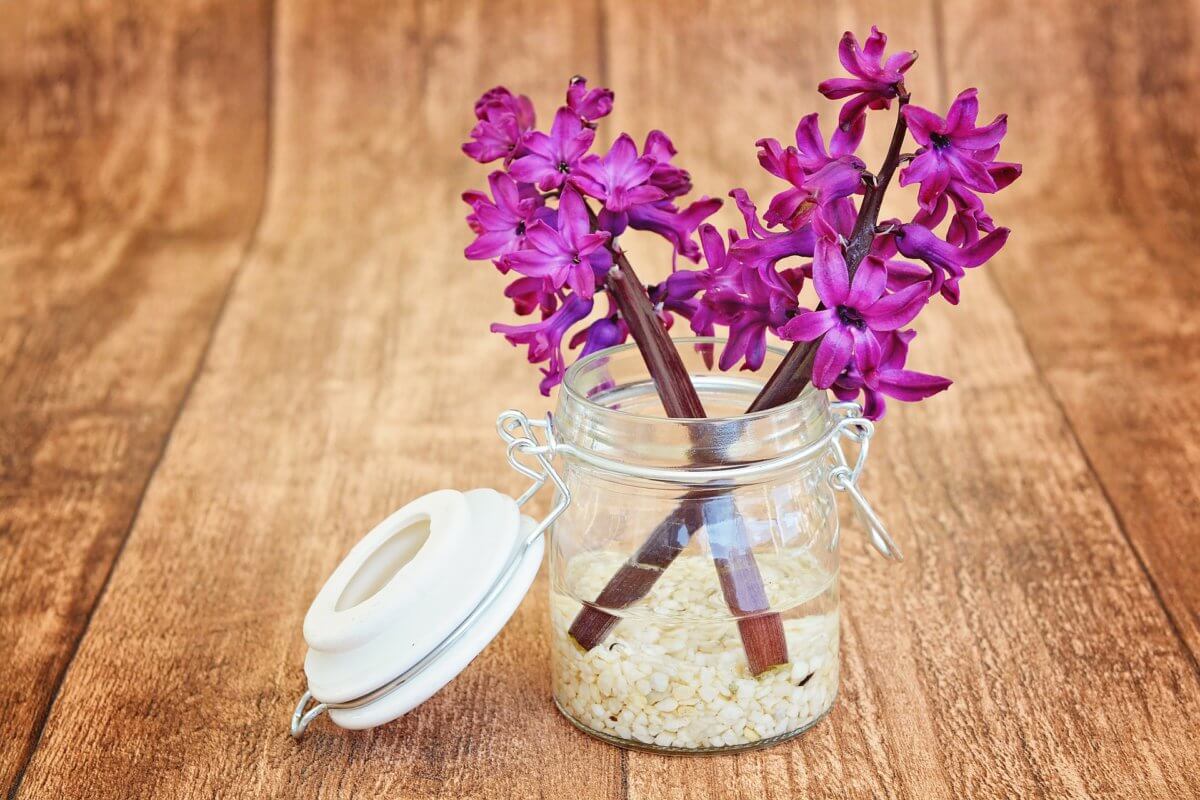Just over a year ago, someone asked me to consider this point: ‘every single piece of plastic you have ever used still exists somewhere.’
I heard them; I listened, I nodded, I probably said something along the lines of ‘wow… yeah… shit.’ But after a moment it really dawned on me. HOLY SHIT.
It can take anywhere between 20 to 1000 years for an ordinary plastic shopping bag to break down – but that plastic doesn’t ever disappear – it just breaks down into smaller pieces. And with Australia using 6.9 billion plastic bags alone per year… well… that’s a lot of plastic.
I, like most people, always had a very ‘out of sight, out of mind’ mentality about my waste and waste disposal. Sure, it was kind of bad, but I thought I was better than most – used my own bags at the supermarket and owned a keep-cup – but it was not until I really took a look at what I was producing that I decided to make a change.
In July 2016 I took on the ‘Plastic Free July Challenge’. Simply put, the goal was to use no single-use plastic for the month. That which I did use, I collected in a mason jar for reference. The aim was to share my experience on social media and emphasise that it is possible to dramatically reduce single-use plastic consumption without too dramatic a life alteration. The challenge was hard. Most of the plastic that I accumulated came early in the month when I forgot to refuse things like plastic clad pamphlets handed out on the street, a plastic straw in a drink and small gelato spoon stuck on top of my ice-cream cone.
I was pleased with my result. While it was a challenge at first, with routine and mindfulness, the process didn’t faze me by the end of the month.
A while after the challenge I slowly began to use more single-use plastics where necessary but, overall, I was living much more sustainable life. I minimised both my plastic usage and my general waste production. I focus on reusing, recycling, fixing things, avoiding plastic and being mindful with my purchases. This year, I retried my Plastic-Free July challenge and found it much easier.
With the ABC’s 2017 show ‘War on Waste,’ going plastic free and zero waste living has become a hot topic of discussion. I sometimes receive cynicism and scepticism from a handful of people. But, being plastic free doesn’t necessarily mean you need to throw out all your belongings, become a minimalist and generate zero waste. You haven’t failed if you accumulate some plastic here and there. These things don’t need to be black and white, and it’s not a competition!
If you’re considering giving it a go, I whole heartedly recommend it. While reducing your plastic footprint, you also become more mindful, resourceful and creative!
A handful of tips to get started:
Reusables and saying no
Beginning to reduce plastic usage starts with remembering to bring your own shopping bags when doing the groceries, using a water bottle instead of buying bottled water, getting on the keep-cup bandwagon and generally remembered to say no to unnecessary disposables offered to you (plastic straws, for example). Getting into the habit of using things like beeswax food covers and food storage containers instead of clingwrap, and bringing your own container, knife and fork when getting takeaway is another great start.
Shopping
Make use of second-hand stores and markets and shop in bulk! Around Canberra, places like the Food Co-op, Naked Foods and Mountain Creek Wholefoods are excellent for things like grains, cereals, pasta, crisps, fruit and nuts, spices and teas. If you forget to bring your own reusable containers, they provide paper bags.
Toiletries and household cleaners
This is arguably one of the hardest parts of plastic free. Again, bulk stores are perfect for things like shampoos, conditioners, soaps and detergents. I also recommend shampoo bars from places like Lush.
Do your research on this topic – you can generally pick up unpackaged dishwashing and cleaning products from many health food stores, and there are many plastic free alternatives for items like toothbrushes, Q-tips, hair removal, skin care and makeup products. Finally, for those who get periods, I cannot recommend using a menstrual cup enough!
After a bit of research online, you’ll be surprised at the number of informative websites with tips, recipes and other resources.
We acknowledge the Ngunnawal and Ngambri people, who are the Traditional Custodians of the land on which Woroni, Woroni Radio and Woroni TV are created, edited, published, printed and distributed. We pay our respects to Elders past and present. We acknowledge that the name Woroni was taken from the Wadi Wadi Nation without permission, and we are striving to do better for future reconciliation.
